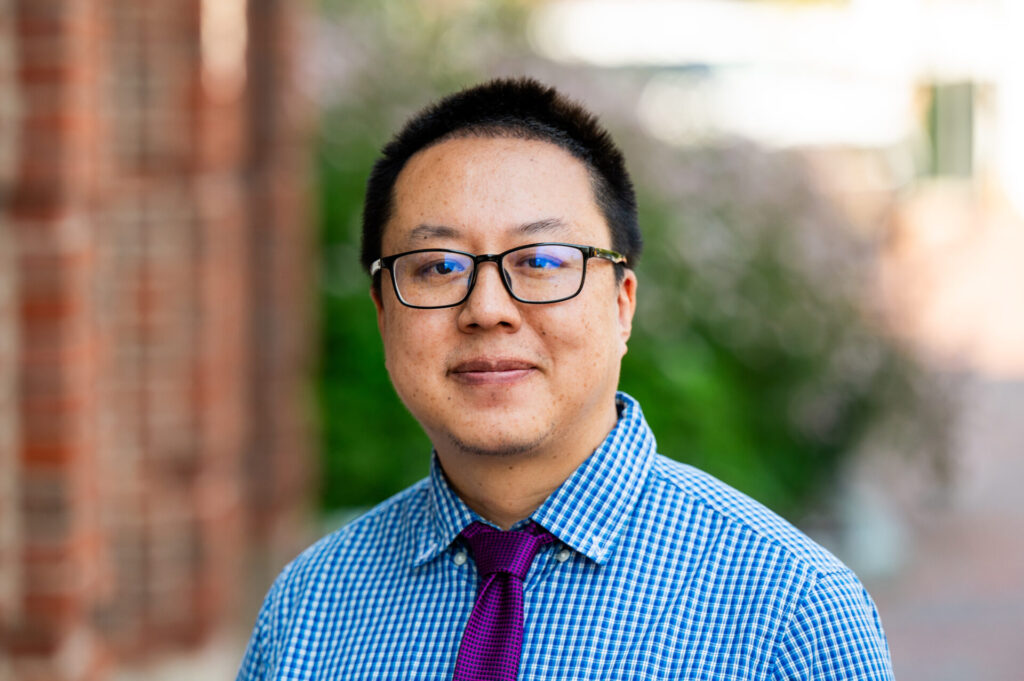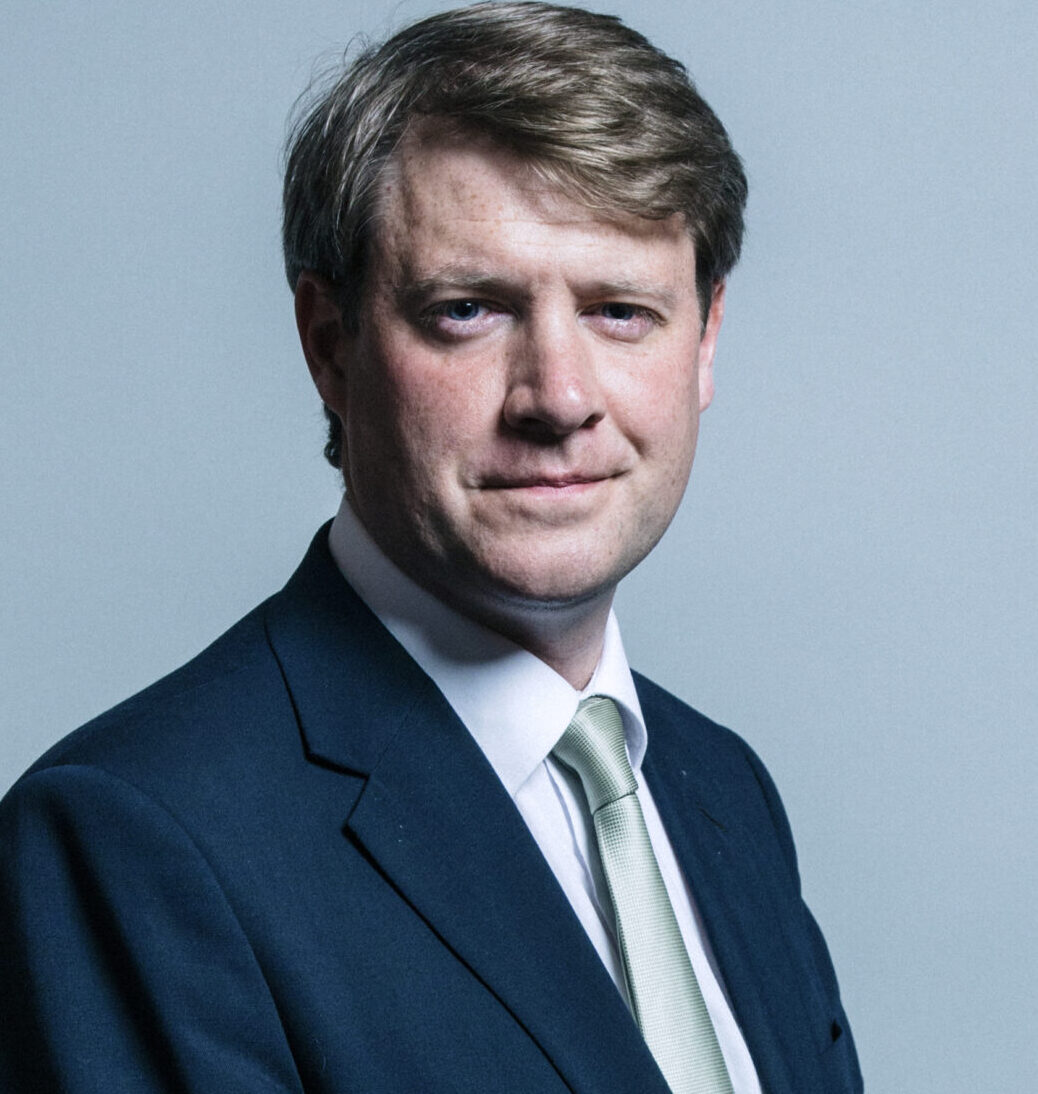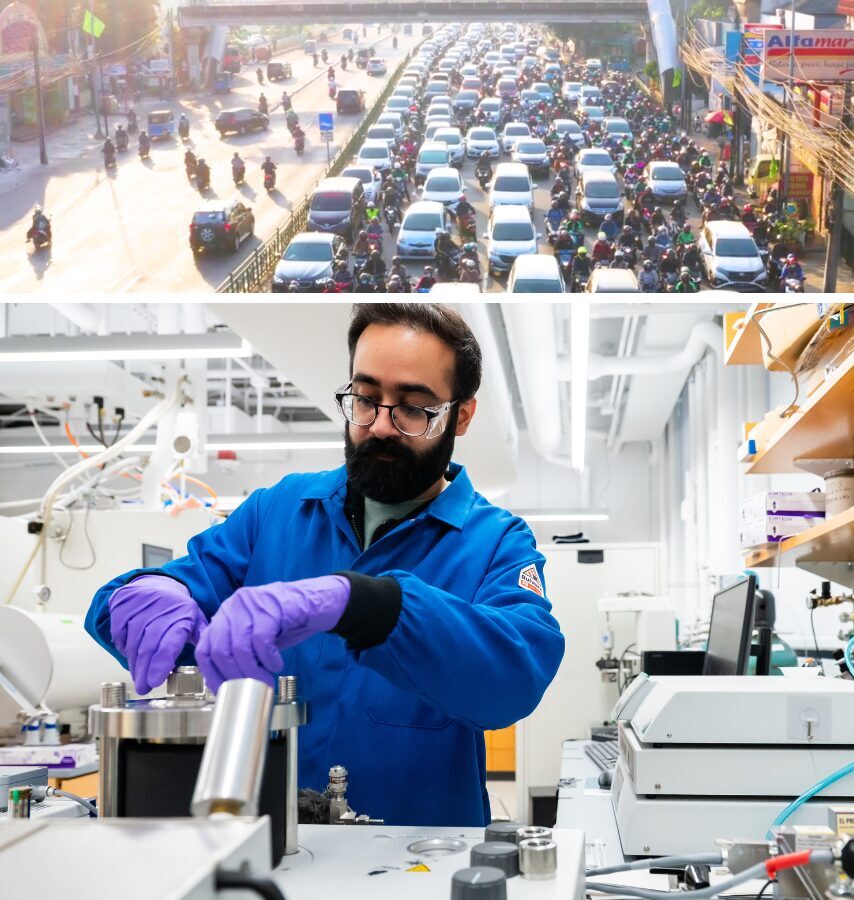Salata Institute welcomes new research fellows
Three new research fellows have joined the Salata Institute for Climate and Sustainability to research methane emissions and verify mitigation efforts globally.
Methane is responsible for about 30 percent of current global warming. Though the greenhouse gas is eighty-times more powerful than carbon dioxide at trapping heat, it dissipates after a few decades. So methane emissions abatement can, in the near term, significantly reduce the magnitude of climate change and its impacts – giving the world time to “bend the curve” on CO2 emissions, conduct research on carbon removal, and, more generally, to implement longer-term strategies to mitigate and adapt to climate change.
The three Salata Institute Fellows – an economist, an astrophysicist, and an earth scientist – use different tools in their shared effort to track methane emissions, many of which come from human activities.
Xinming Du, Assistant Professor of Economics at the National University of Singapore, studies how to reduce emissions of the greenhouse gas methane from human sources, namely the natural gas trade and rice production.

She uses advanced satellite data and econometrics techniques to pinpoint emissions, focusing on how fossil fuel producers substitute gas flaring for venting; she also examines methane leakage from LNG (liquefied natural gas) tankers making international deliveries.
Another aspect of her work is to examine the methane-reduction effects of new rice-growing techniques being deployed in China, the world’s largest rice producer. Though these are aimed to conserve water, by reducing the growth of anerobic bacteria, these methods significantly reduce methane emissions. Working with Charles Taylor at Harvard Kennedy School, Du will use satellite data on methane and land cover changes, together with administrative data, to estimate the impacts of dry cultivation adoption.
“The Salata Institute brings together scholars from various disciplines to address critical issues in climate and sustainability,” Du said. “The computing resources here at Harvard provide valuable data with enhanced spatial and temporal resolution to support my research, including quantifying point sources and estimating impacts of government subsidies and new technology adoption.”
Astrophysicist and climate scientist Harshil Kamdar, who received his doctorate from Harvard University in 2021, integrates aerial and satellite methane detection data to better characterize methane super-emitters in the oil and gas industry, enabling more effective mitigation of these major contributors to climate change.

Working with Professor Daniel Jacob, Kamdar will develop a comprehensive multi-scale dataset of emissions to better understand the field performance of remote detection technologies.
“The Salata Institute is uniquely suited for this project due to its cutting-edge methane research cluster, scientific and regulatory expertise, and collaborative research environment,” Kamdar said. “This setting allows me to combine industry insights with academic and regulatory perspectives – crucial for addressing the challenges of methane emissions mitigation.”
Zhu Liu, Professor and Principal Investigator in the Department of Earth System Science at Tsinghua University in Beijing, studies how to enhance the tracking and analysis of global carbon and methane emissions using advanced satellite observations and real-time modeling. These tools are essential for monitoring and verification of climate change mitigation efforts, such as the Global Methane Pledge.

“My current work aims to provide a near-real time accounting framework for global greenhouse gas budgets,” Liu said.
Liu is also co-founder of Carbon Monitor, an international initiative providing the first regularly updated, science-based estimates of daily CO2 emissions around the globe.
In collaboration with Salata Institute Director James Stock, Liu is developing a framework for studying “Scope 4” emissions – a new way of measuring efficiency – the emissions avoided using a particular product or service. “This is a powerful tool to help business and industry advance carbon mitigation efforts and accelerate climate solutions,” Liu said.









